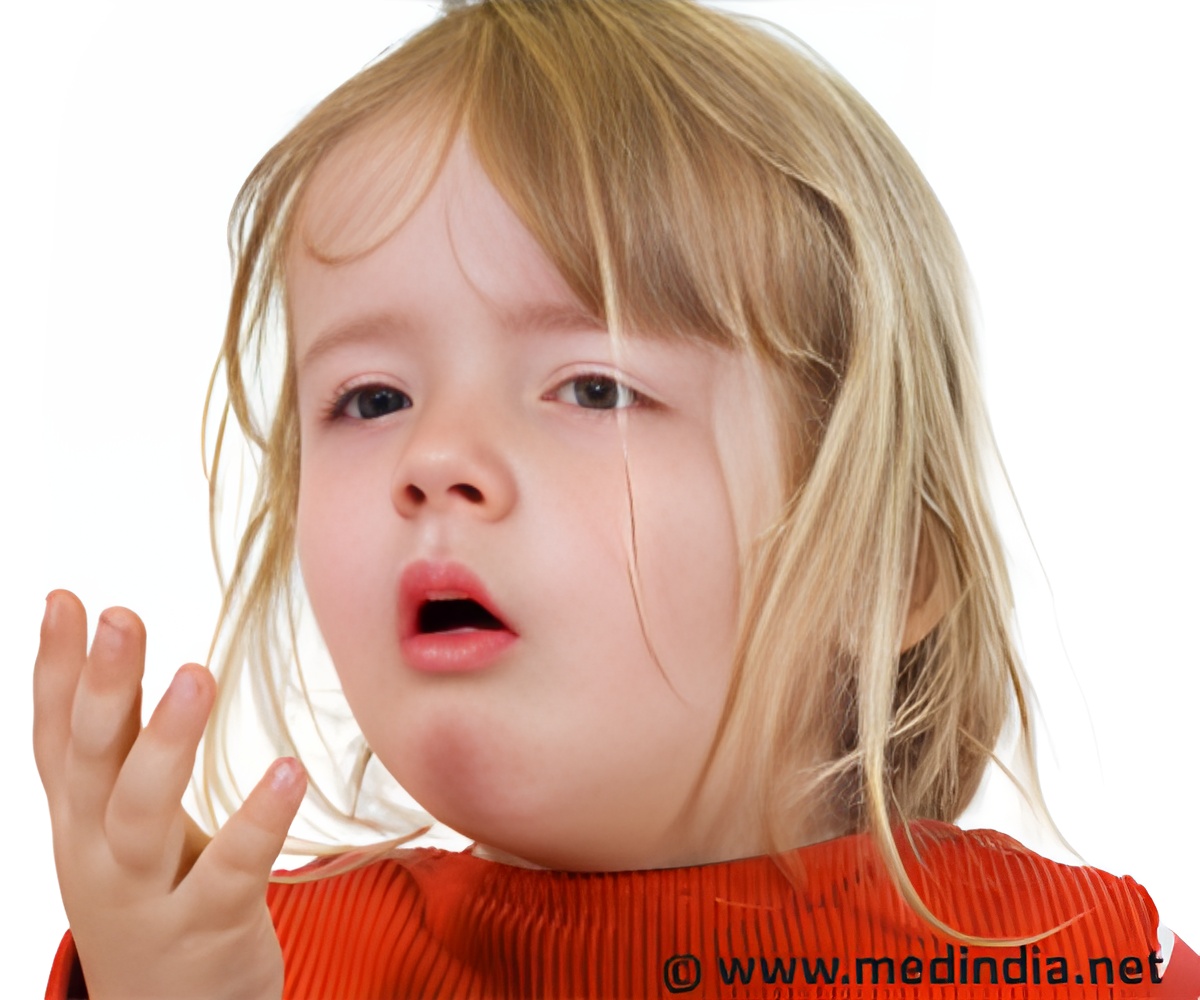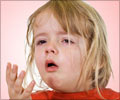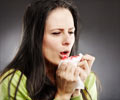Researchers have revealed that both agave nectar and a placebo were more effective than no treatment for young children's cough symptoms.

"Pediatricians typically tell parents, 'Don't give your child anything,' or at most give them acetaminophen or ibuprofen," said Ian Paul, professor of pediatrics. "We know sick children are miserable and can't sleep, and parents are frustrated that they can't do anything to help." Cough is a frequent symptom for infants and toddlers, and is one of the most common reasons children visit a healthcare provider. Little evidence supports use of OTC medicines for acute cough, particularly in younger children.
In the absence of effective treatments, doctors report feeling pressured by some parents to prescribe antibiotics, which do not affect the viruses that cause colds and their symptoms. In 2007, Paul's team published findings that honey was more effective than placebo for children's coughs. The findings have since been replicated by other researchers. However, honey is not allowed in children under age one due to risks of infantile botulism. Agave nectar shares similar physical properties with honey without known risk of infantile botulism. To study the effects of agave nectar and placebo on children's coughs, the researchers looked at 119 children aged two to 47 months with non-specific acute cough, nighttime symptoms and an illness duration of seven days or less.
The patients were selected from two outpatient, general pediatric practices. Three groups received either commercially available grape-flavored agave nectar, grape-flavored water or no treatment. Parents reported cough frequency, cough severity and other metrics, and child and parent sleep quality were measured the next day. Both agave nectar and placebo were superior to no treatment, but no significant differences were detected between the two. The results are published today (Oct. 27) in JAMA Pediatrics. "We found that placebo was better than doing nothing," said Paul. "For kids under age one, for which there is no other option, the findings may be particularly important." In a small subgroup of 30 children under age one, agave was more effective than placebo. These results were clinically, though not statistically, significant and should be studied in a larger trial designed for this age group alone, Paul said. Using a placebo for coughs in young children could reduce inappropriate antibiotic prescriptions. Adverse results in both the agave nectar and placebo groups were rare. "Perhaps this is a case where giving a placebo, such as agave nectar or sugar water, can help parents and their babies get through this annoying illness," Paul said. "This is a discussion that the pediatric community and parents are going to have to have."
Source-Eurekalert











